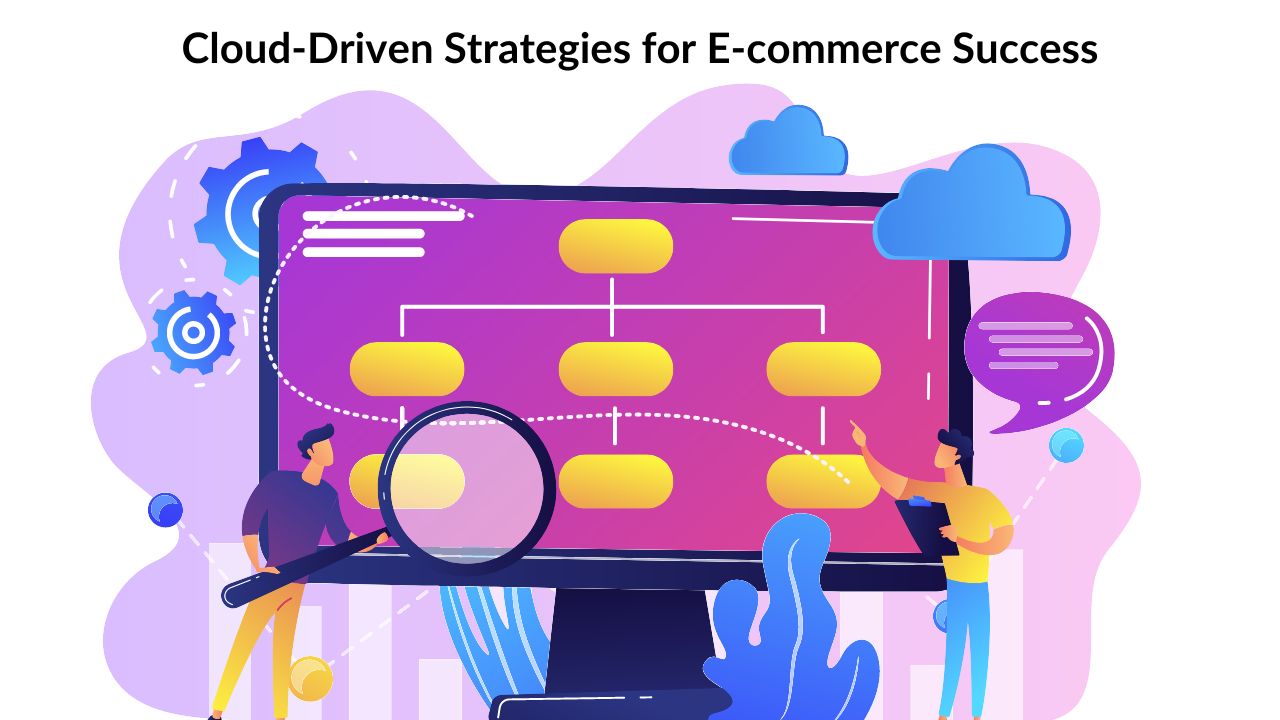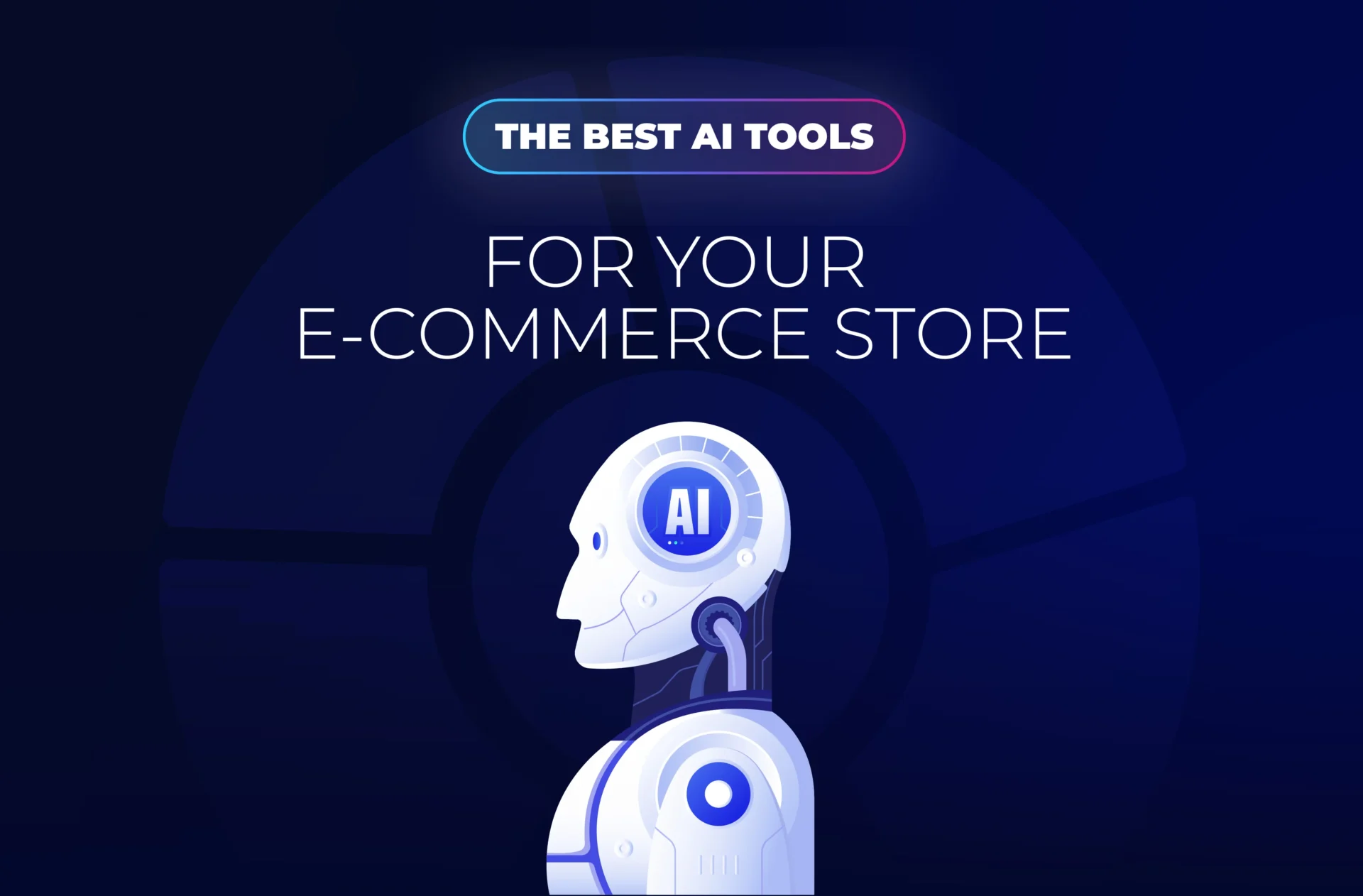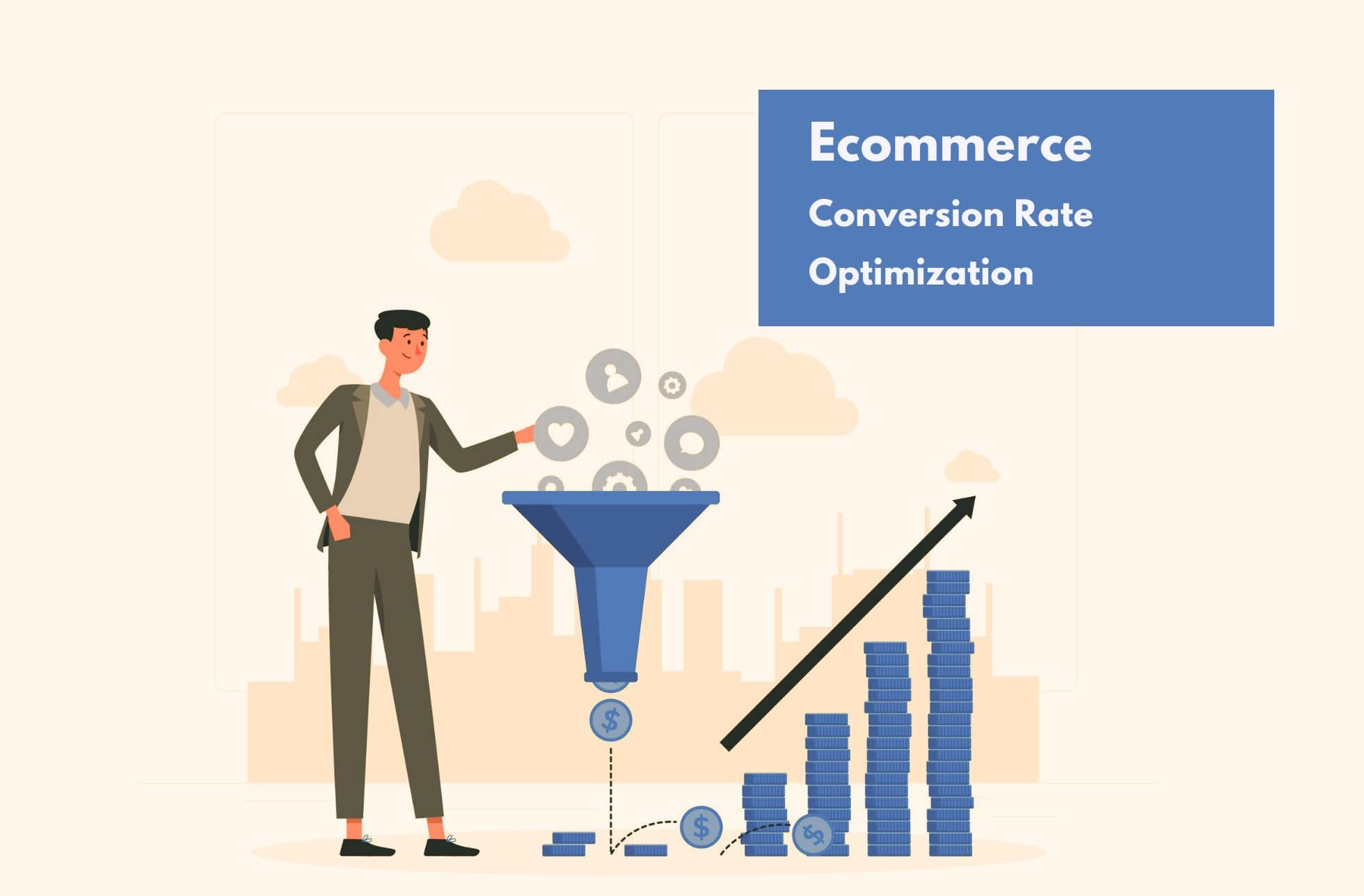In today’s fast-paced digital landscape, e-commerce businesses are constantly seeking innovative ways to elevate their operational efficiency and achieve seamless scalability. The intricacies of managing inventory, optimizing customer experiences, and staying competitive in a rapidly evolving market require adaptable strategies that can keep pace with these challenges.
Fortunately, the emergence of cloud technology has ushered in a new era of possibilities for e-commerce enterprises, fundamentally transforming their operational landscape. By using cloud-driven strategies, businesses can experience efficiency and scalability.
Cloud-Driven Strategies
Cloud-driven strategies refer to a set of approaches, techniques, and practices that leverage cloud computing technology to optimize various aspects of business operations and achieve specific goals. Cloud computing involves the delivery of computing resources, such as computing power, storage, and software, over the internet. Cloud-driven strategies harness the capabilities of cloud technology to enhance efficiency, scalability, flexibility, and collaboration within an organization.
In the context of e-commerce, cloud-driven strategies specifically focus on utilizing cloud computing to transform how e-commerce businesses operate and grow. These strategies encompass a wide range of initiatives that harness the power of the cloud to improve processes, enhance customer experiences, streamline operations, and drive innovation.
Cloud-Driven Strategies for E-commerce Success
Let’s delve into strategies that e-commerce businesses can adopt to harness the power of cloud technology for efficiency and scalability:
- Personalized Customer Experiences: Cloud-based customer relationship management (CRM) systems allow e-commerce businesses to gather and analyze customer data, enabling them to offer personalized experiences. By understanding individual preferences, purchase history, and browsing behavior, businesses can tailor product recommendations, discounts, and marketing campaigns, thereby increasing customer engagement and loyalty.
- Leveraging Cloud Storage: The ability to access, share, and utilize data efficiently can make the difference between thriving and merely surviving. This is where the power of cloud storage providers like Box, Google Drive, WeTransfer, Dropbox, Mega, and affordable cloud storage Megadisk shines brightly, offering e-commerce enterprises an invaluable toolkit to amplify collaboration, accelerate decision-making, and ensure the seamless flow of information.

- Global Reach with Local Adaptation: Cloud technology enables e-commerce businesses to expand their reach to a global audience while adapting to local preferences and regulations. Cloud infrastructure can host localized versions of websites, ensuring a seamless shopping experience regardless of the customer’s location.
- Automated Inventory Management: Cloud-driven inventory management systems can automate stock tracking, reorder processes, and demand forecasting. This prevents overstocking or understocking, reducing inventory carrying costs and minimizing the risk of product shortages.
- Streamlined Fulfillment: Cloud-powered order fulfillment systems can optimize the picking, packing, and shipping processes. Integrating cloud-based systems with e-commerce platforms allows for real-time order updates, reducing errors and enhancing customer satisfaction.
- Dynamic Pricing Strategies: Cloud-based dynamic pricing algorithms analyze market trends, competitor prices, and demand fluctuations to adjust product prices in real-time. This strategy can maximize revenue and maintain competitiveness, especially in industries with frequent price changes.
- Optimized Marketing Campaigns: Cloud-driven marketing automation platforms enable e-commerce businesses to create, schedule, and analyze marketing campaigns across various channels. This results in better targeting, improved customer engagement, and efficient resource utilization.
- Scalable Customer Support: Cloud-powered customer support solutions offer chatbots, ticketing systems, and self-service portals that can handle a high volume of customer queries simultaneously. This ensures timely and efficient customer service without overwhelming support teams.
- Disaster Recovery and Data Security: Cloud-based disaster recovery solutions provide backup and redundancy mechanisms to protect e-commerce data from unforeseen events. These solutions ensure business continuity even in the face of data breaches, hardware failures, or natural disasters.
- Seamless Integration of Third-party Services: E-commerce businesses can integrate various third-party services and APIs through cloud-based middleware, enhancing their functionalities without complex software development. This includes payment gateways, shipping services, and analytics tools.
- A/B Testing and Experimentation: Cloud-based A/B testing platforms allow e-commerce businesses to experiment with website layouts, product placements, and promotional strategies. These tests provide actionable insights into what resonates best with customers, leading to optimized conversion rates.
- Collaborative Supply Chain Management: Cloud-based supply chain management platforms connect suppliers, manufacturers, and distributors, fostering real-time collaboration and information sharing. This streamlines the production and distribution processes, reducing lead times and minimizing disruptions.
- Predictive Analytics for Demand Forecasting: Cloud-based predictive analytics leverages historical data and market trends to forecast future demand accurately. E-commerce businesses can optimize inventory levels and stock replenishment, ensuring products are available when customers need them.
- AI-powered Personalization: Cloud-driven AI solutions analyze customer behavior and preferences to provide hyper-personalized shopping experiences. This includes tailored product recommendations, personalized marketing messages, and customized shopping interfaces.
- Virtual Shopping Assistants: Cloud-powered virtual shopping assistants use AI and machine learning to guide customers through their shopping journey. These assistants can answer questions, provide recommendations, and help customers find the products they’re looking for, enhancing engagement and conversions.
- Voice Commerce Integration: Cloud technology enables the integration of voice commerce into e-commerce platforms. Voice assistants like Amazon Alexa and Google Assistant can facilitate voice-based product searches, recommendations, and even purchases, offering a seamless and convenient shopping experience.
- Multi-Channel Inventory Sync: Cloud-based inventory systems can sync across multiple sales channels, ensuring accurate stock levels and preventing overselling. This integration prevents customer dissatisfaction due to out-of-stock items and minimizes manual reconciliation efforts.
- Augmented Reality (AR) Shopping: Cloud-driven AR technology allows customers to visualize products in their real-world environment before making a purchase. This enhances the online shopping experience by bridging the gap between digital and physical shopping.
- Subscription Management: Cloud-based subscription management systems allow e-commerce businesses to offer subscription-based models for products or services. These systems handle billing, renewals, and customer management, providing a consistent revenue stream.
- Localized Payment Gateways: Cloud technology enables e-commerce businesses to integrate localized payment gateways that cater to specific regions or countries. This enhances the checkout experience and builds trust among customers who prefer familiar payment methods.
- Content Delivery Networks (CDNs): Cloud-based CDNs optimize website performance by distributing content across a network of servers. This reduces page load times, improves user experience, and boosts search engine rankings, ultimately driving higher conversions.
- Social Commerce Integration: Cloud-driven integrations with social media platforms enable e-commerce businesses to sell products directly through social media posts and ads. This reduces friction in the purchasing process and capitalizes on customers’ familiarity with social platforms.
- Eco-Friendly Operations: Cloud technology supports sustainable practices by enabling businesses to adopt eco-friendly strategies. Cloud-driven initiatives can include digitalizing processes, reducing paper usage, and optimizing supply chain routes for reduced carbon emissions.
Conclusion
In a world where digital transformation shapes the future, embracing cloud-driven strategies signifies a commitment to not only surviving but thriving. As businesses leverage the cloud’s potential, they unlock the door to a more efficient, scalable, and prosperous e-commerce journey – a journey where innovation is the driving force, and customer satisfaction is the ultimate destination.





